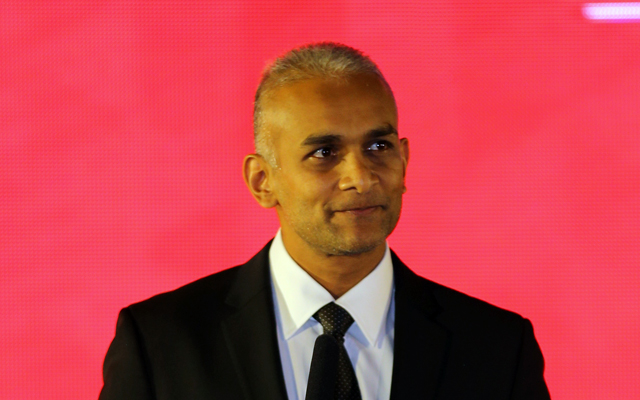
Sabre Travel Network Asia-Pacific appears unspared by a massive cost-cutting exercise announced by Sabre Corporation on August 1, with its senior vice president (SVP) Asia-Pacific Roshan Mendis now doubling up as SVP for EMEA (Europe, Middle East and Africa), based in London.
Mendis has been based in Singapore since July 2015 when he took over the mantle from Robert Bailey, then CEO of Abacus International, upon Sabre’s full acquisition of the Asian GDS.
This is the first time in the GDS history that it is without a full Asia-Pacific head based in the region. Its competitor, Amadeus, is led by president Asia-Pacific, Albert Pozo, based in Singapore, while the other competitor Travelport is headed in the region by its managing director Asia-Pacific, Mark Meehan, also based in Singapore.

Todd Arthur, who joined as vice president sales and market development in June last year is now the most senior man at Sabre Travel Network Asia-Pacific in Singapore, continuing to report to Mendis.
“I am confident we have the right leadership on the ground to continue to grow and strengthen our footprint across the region,” said Mendis, when asked about who’s in charge in Singapore for the region, pointing to Arthur’s 20 years of experience and that he represents Asia on the board of the Association of Corporate Travel Executives.
Mendis would not comment on the question whether his expanded role was partly due to cost-cuts at Sabre Corporation, which announced a nine per cent headcount reduction during its 2Q2017 earnings report.
The US-based corporation said the cut was instrumental in helping to meet 2017 financial targets and aligning cost structure with slower expected Airline Solutions growth in 2018. It estimated savings of US$110 million per annum at full run rate. At the same time, Sabre would increase focus on the largest opportunities and create a more nimble, faster-moving organisation.
For 2Q2017, Sabre Travel Network adjusted EBITDA was down 2.3 per cent US$246 million, compared with 2Q2016, although revenue rose 6.3 per cent to US$636 million.
Total 2Q2017 bookings by region showed EMEA climbing 11.1 per cent; in contrast, Asia-Pacific dropped 1.1 per cent.
The other two Sabre business units, Airline & Hospitality Solutions, did better, roping in 10.6 per cent growth in adjusted EBITDA to US$102 million in 2Q2017 over 2Q2016.
Overall, Sabre Corporation saw a slower revenue growth than the double-digit growths it used to report, up just seven per cent to US$901 million in 2Q2017 over 2Q2016. Adjusted EBITDA dropped four per cent to US$261 million.
Mendis said his role to cover EMEA and Asia-Pacific “is aligned with Sabre’s focus on international growth, having successfully expanded Sabre’s business in the fast-paced APAC region through a healthy combination of organic growth and new customers”.
He would not comment on the question whether Sabre Travel Network Asia-Pacific was affected by the cost cuts and how many staff it has now compared to when he came onboard in July 2015.
But he said 3Q earnings, to be announced at the end of the month, “is something we’re upbeat about”.
“Whilst I do not have official numbers to share at this point, our results will demonstrate that we are headed in the right direction.
“For Sabre to stay competitive, we have identified some key focus areas for the business into 2018 – this includes making investments in modernising our core technologies and leading development of next generation distribution and retailing solutions,” Mendis said.



















